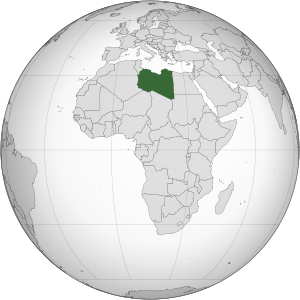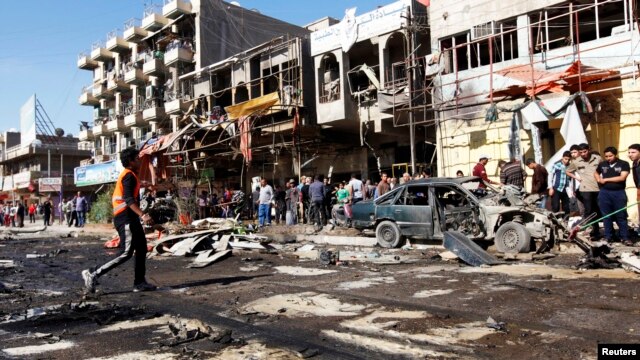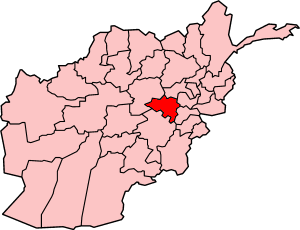 |
| English: Orthographic map of Libya (Photo credit: Wikipedia) |
Three days after reports of an arrest in connection with the September 11th assault on the US mission in Benghazi, Libyan Prime Minister Ali Zidan said investigations were still under way."We and the United States are determined to identify those responsible for the bombing and to bring them to justice," Zidan said on Sunday (March 17th).
Libya risks isolation if it becomes "an insecure country", he noted.
Right now, the international community is co-operating with Libya, he said. He added, however, that Libya could "only stand with the international community as a responsible state" if it did not "use violence, support terrorism or take part in the drug trade".
"Each and every citizen must be an informant for the sake of this country, and this is something that honours people," he added.
One way to get help from partner nations is through unmanned drones. According to military advisor Dhaoui Bouras, "These planes can make good contributions to the counter-terrorism effort based on intelligence and aerial reconnaissance by Libyans in the Libyan army."
"They are excellent for protecting security and providing information on suspicious movements," he said.
Last Thursday, security sources said they captured Faraj Al-Chalabi in the eastern town of
al-Marj in connection with the deadly Benghazi attack.
The 46-year-old, who was linked to the Libyan Islamist Fighting Group (LIFG) and al-Qaeda, had been wanted in Libya since the 1994 Sirte slayings of two Germans. He was arrested in
Tora Bora and handed over to Libyan authorities in 2004 with his Pakistani wife, who was released shortly afterwards.
A prisoner who served some time with Al-Chalabi at Abu Salim prison in Tripoli said that the suspect was known as "the Tora Bora prisoner". He was released in 2006 due to health reasons, according to the fellow inmate.
Meanwhile, Libyan Interior Minister Ashour Shuwail vowed on Saturday that anyone proven to have been implicated in the assassination of US Ambassador Christopher Stevens would be brought to justice in Libya.
"I met a US official and he said they wouldn't let go on this, and that they would take measures. However, the investigation is still ongoing," he told Al Riyadh daily. "There is a judge and a group appointed to handle this case. I think that the Americans are closely following this issue, which is under examination and investigation to identify those responsible."
Many Libyans say that the arrest is a step in the right direction but insisted that the trial should be held in Libya.
"We are for conducting a fair investigation to identify the perpetrators," said teacher Mahasin Bashir. "However, we are against pressures and making charges against certain people just because they are Islamists or extremists, and provided the investigation and trial are conducted in Libya.
"Meanwhile, we may receive assistance in conducting the investigation and analysing evidence," she added.
For her part, rights activist and lawyer Amira Jribi argued that the arrest gives Libyans hope about "successfully proceeding with establishing the state of law". She also called for identifying the murderers of rebel military chief Abdel Fattah Younes.
"If the news is correct, and it was the defendant who actually committed this heinous act, I think that his arrest would be a successful step, provided the defendant receives a fair, non-politicised trial," journalist Abdul Karim al-Raqi told Magharebia. "It will be better if he is tried in the country where the crime took place and in the presence of his lawyer."
In related news, Libyan security and military forces on Saturday launched a raking operation to dislodge armed groups from Tripoli.
"Those who have prisoners or hostages must turn them in now, or else they will be tried for detaining citizens by force, especially if they detain them for more than 48 hours before bringing them to the prosecution," Shuwail said.
from MAGHAREBIA
By Essam Mohamed in Tripoli for Magharebia – 18/03/13

















 Washington Time
Washington Time Kabul Time
Kabul Time London Time
London Time







